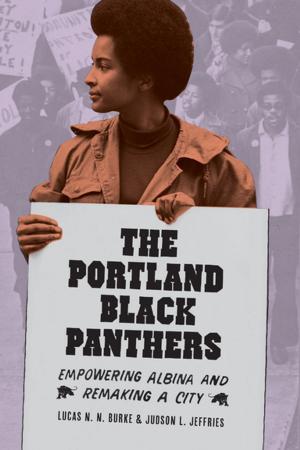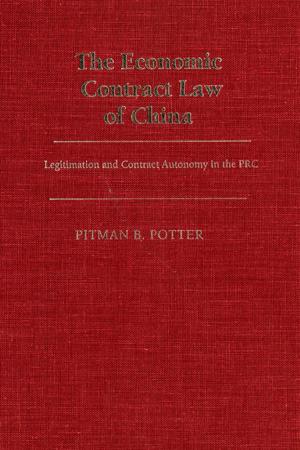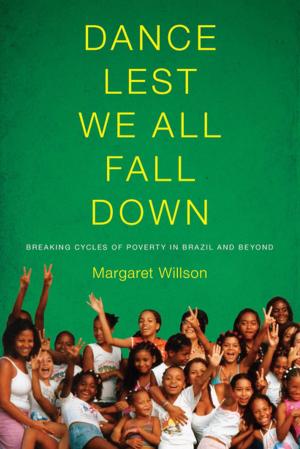Growing Up Brown
Memoirs of a Filipino American
Nonfiction, Social & Cultural Studies, Social Science, Cultural Studies, Minority Studies, Ethnic Studies| Author: | Peter M. Jamero Sr., Fred Cordova | ISBN: | 9780295802145 |
| Publisher: | University of Washington Press | Publication: | September 1, 2011 |
| Imprint: | University of Washington Press | Language: | English |
| Author: | Peter M. Jamero Sr., Fred Cordova |
| ISBN: | 9780295802145 |
| Publisher: | University of Washington Press |
| Publication: | September 1, 2011 |
| Imprint: | University of Washington Press |
| Language: | English |
"I may have been like other boys, but there was a major difference -- my family included 80 to 100 single young men residing in a Filipino farm-labor camp. It was as a �campo� boy that I first learned of my ancestral roots and the sometimes tortuous path that Filipinos took in sailing halfway around the world to the promise that was America. It was as a campo boy that I first learned the values of family, community, hard work, and education. As a campo boy, I also began to see the two faces of America, a place where Filipinos were at once welcomed and excluded, were considered equal and were discriminated against. It was a place where the values of fairness and freedom often fell short when Filipinos put them to the test.�"-- Peter Jamero
Peter Jamero�s story of hardship and success illuminates the experience of what he calls the �bridge generation� -- the American-born children of the Filipinos recruited as farm workers in the 1920s and 30s. Their experiences span the gap between these early immigrants and those Filipinos who owe their U.S. residency to the liberalization of immigration laws in 1965. His book is a sequel of sorts to Carlos Bulosan�s America Is in the Heart, with themes of heartbreaking struggle against racism and poverty and eventual triumph.
Jamero describes his early life in a farm-labor camp in Livingston, California, and the path that took him, through naval service and graduate school, far beyond Livingston. A longtime community activist and civic leader, Jamero describes decades of toil and progress before the Filipino community entered the sociopolitical mainstream. He shares a wealth of anecdotes and reflections from his career as an executive of health and human service programs in Sacramento, Washington, D.C., Seattle, and San Francisco.
"I may have been like other boys, but there was a major difference -- my family included 80 to 100 single young men residing in a Filipino farm-labor camp. It was as a �campo� boy that I first learned of my ancestral roots and the sometimes tortuous path that Filipinos took in sailing halfway around the world to the promise that was America. It was as a campo boy that I first learned the values of family, community, hard work, and education. As a campo boy, I also began to see the two faces of America, a place where Filipinos were at once welcomed and excluded, were considered equal and were discriminated against. It was a place where the values of fairness and freedom often fell short when Filipinos put them to the test.�"-- Peter Jamero
Peter Jamero�s story of hardship and success illuminates the experience of what he calls the �bridge generation� -- the American-born children of the Filipinos recruited as farm workers in the 1920s and 30s. Their experiences span the gap between these early immigrants and those Filipinos who owe their U.S. residency to the liberalization of immigration laws in 1965. His book is a sequel of sorts to Carlos Bulosan�s America Is in the Heart, with themes of heartbreaking struggle against racism and poverty and eventual triumph.
Jamero describes his early life in a farm-labor camp in Livingston, California, and the path that took him, through naval service and graduate school, far beyond Livingston. A longtime community activist and civic leader, Jamero describes decades of toil and progress before the Filipino community entered the sociopolitical mainstream. He shares a wealth of anecdotes and reflections from his career as an executive of health and human service programs in Sacramento, Washington, D.C., Seattle, and San Francisco.















